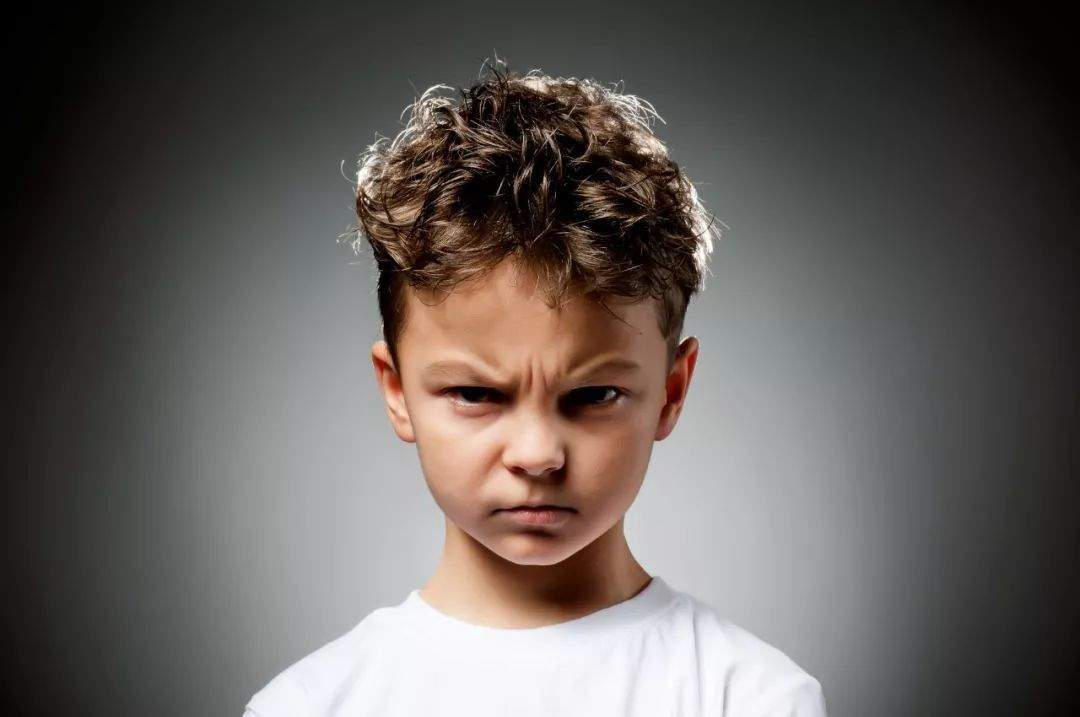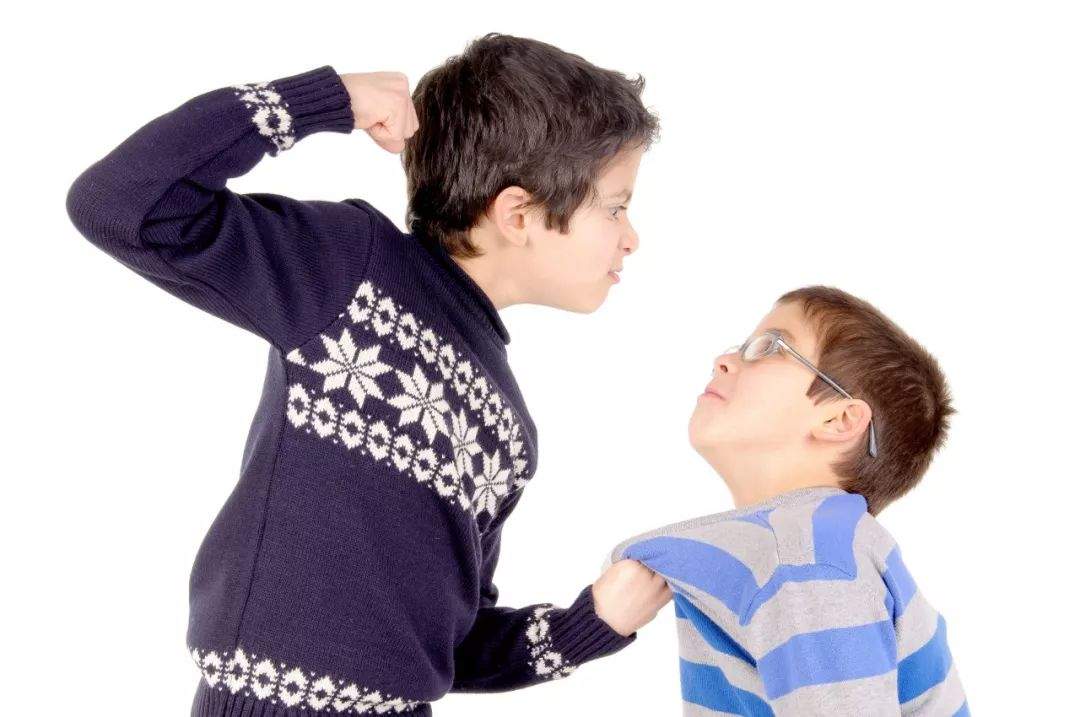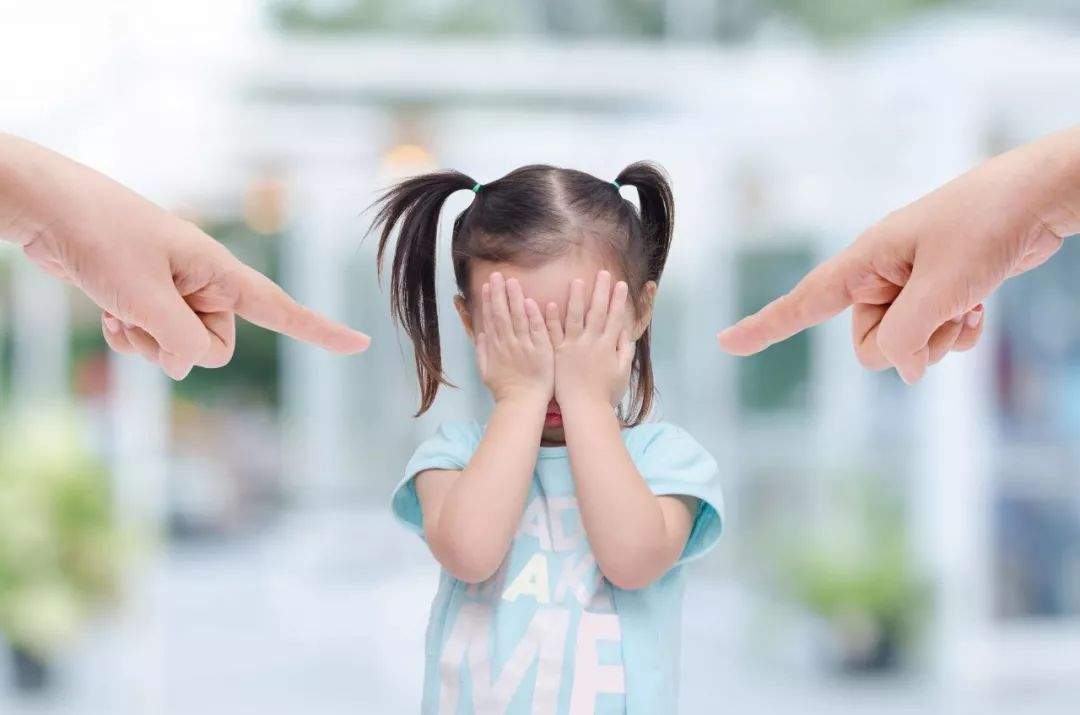Before, we sent several articles about beating children incorrectly, but we often received such messages in the comment area:
If you say you don’t beat your children, you certainly don’t bring them yourself at ordinary times!
I also know that it is wrong to hit the child, but I really can’t control my temper!
I also wanted to be a gentle mother before giving birth, but what forgot when the child was made.
With children, it is good to be a parent at first sight. Who does not want to be kind to his mother (father) and filial to his son, and the family is happy.
However, as the children grow up day by day and come to various sensitive periods, moths emerge one after another, and there are really not many parents who can still maintain their pleasant appearance.
The old editor is a typical example of this. She was so angry when she committed the bear that she couldn’t help beating him and regretted it after beating him.
After repeated efforts, the child was tired and I became numb. I felt more and more that beating the child was effective and convenient.
In fact, although beating children has an immediate effect, the accumulated damage to children is really not small.
Violence is contagious

In order to study the impact of violence on children, psychologist Bandura presided over the [Bobby Doll] experiment.
Researchers divided 48 children into two groups, one group was exposed to aggressive role models and the other group was exposed to non-aggressive role models.
At the beginning of the experiment, the children in the attack group will see adults repeatedly attacking Bobby dolls in various ways. In addition to physical attacks, adults will also use offensive language for about 10 minutes.
In the other group, adults and children played toys or jigsaw puzzles in the experimental room for 10 minutes.
After that, all the children tested were taken to another room with attractive toys, but they would soon be told that these toys were prepared for others to stimulate their frustration and thus generate anger.
Then they will be taken to the last room, where there are all kinds of offensive and non-offensive toys, including Bobby dolls that appeared before. All the children will stay in this room for 20 minutes.
The results showed that the boys in the attack group imitated the physical attack behavior of adults on average 38 times, while the non-attack group only imitated 1.5 times.
Not only boys but also girls are affected by violence
In the eyes of most people, it is even more rare for girls to have violence.
In this experiment, the girls in the attack group attacked the dolls in the room nearly 13 times on average.
Not only that, the girls also showed another kind of aggressive behavior, that is, attacking toys with offensive language.
This also shows that girls are not [insulators] in imitating and learning violence. As long as violence intensifies enough and lasts long enough, girls will become violent as well.
The results of the experiment make people reflect.
If you translate the results of this set of experiments, it is: if children witness aggressive behavior, they will imitate it, especially boys.
In other words, in ordinary education, if parents take violent measures to educate their children, it is tantamount to giving the children a [license] to use violence to solve problems.
Children will think: Anything that makes me unhappy can be solved by violence.
Gradually, they will also imitate this way to deal with their own disappointments or setbacks.
In the experiment, the child just watched others attack the doll and imitated such behavior.
Then when parents use beating their children to make them obey and the children feel that the target of violence is themselves, the [permit] will become the [key] to open the door to attacks, and the consequences will be much more serious than we thought.
Only violence responds to violence.

Many parents will also say that it is not necessarily so dangerous. I was also beaten up when I was young. Am I not a good person now?
This is true, but one of the biggest characteristics of education is that there is no [regret medicine] to sell. Why don’t we look at some news and investigations before reaching a conclusion?
A survey conducted by the University of Texas Medical Department once showed that children who were often spanked when they were young tended to have a higher tendency to violence against their partners when they grew up in intimate relationships.
They surveyed 700 teenagers and young people in their 20s. About 19% of the interviewees said they had made some form of love violence, and 69% of them said they had been subjected to corporal punishment in their childhood.
In February 2018, a boy in Liaoning set fire to 8 cases within 24 hours. After questioning, the boy said that because he often received beating and scolding from his father, he set fire to retaliate against his father.

In addition, a California study found that people who were often spanked as children had a 37% increased risk of suicide and a 33% increased risk of drug abuse as adults.
Children who grow up in violence will not only use violence to solve problems, but also treat themselves and their lives in extreme ways.
Although we admit that not all childhood beatings will lead to future violence in children, it will plant a seed in children’s hearts, which may take root and grow under the trigger of environmental factors.

Even if they do not become violent, the children who are often beaten will go to two extremes: one is inferiority complex, but Nuo Nuo has no definite view; At the other end is irascible and emotional.
However, no matter which end, he will definitely become a person who is difficult to cooperate with others and integrate into the collective.
In addition, children who are often beaten will have weaker tolerance and empathy. They will be more difficult to accept setbacks and failures. They will also be more difficult to detect changes in other people’s emotions and will easily fall into their own life and form psychological diseases.
These consequences are not what parents like, and are even more inconsistent with our original intention of hoping our children will grow up better.
Education is originally a long practice. Without what, it can be achieved overnight. The process of child-rearing is also the process of self-rearing.
Children’s mistakes and deficiencies need our positive guidance, not criticism, not physical punishment.
